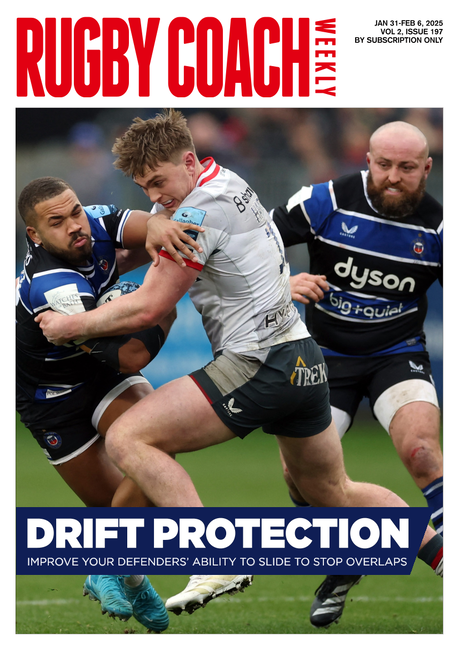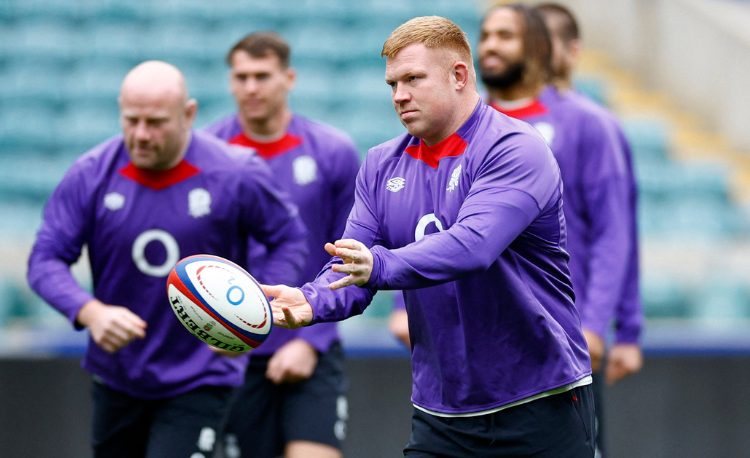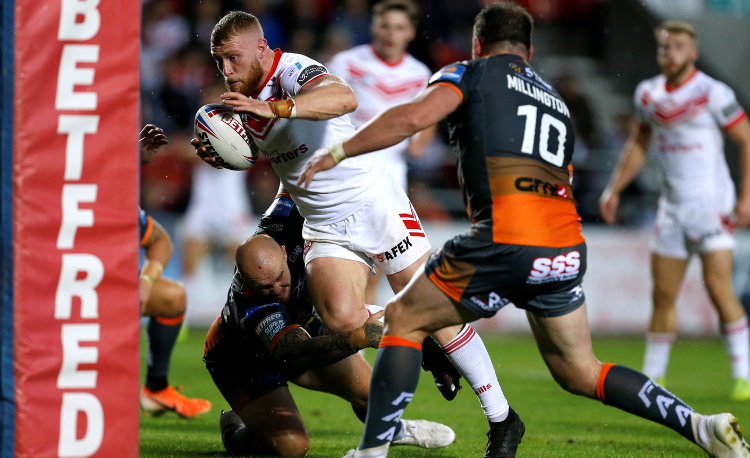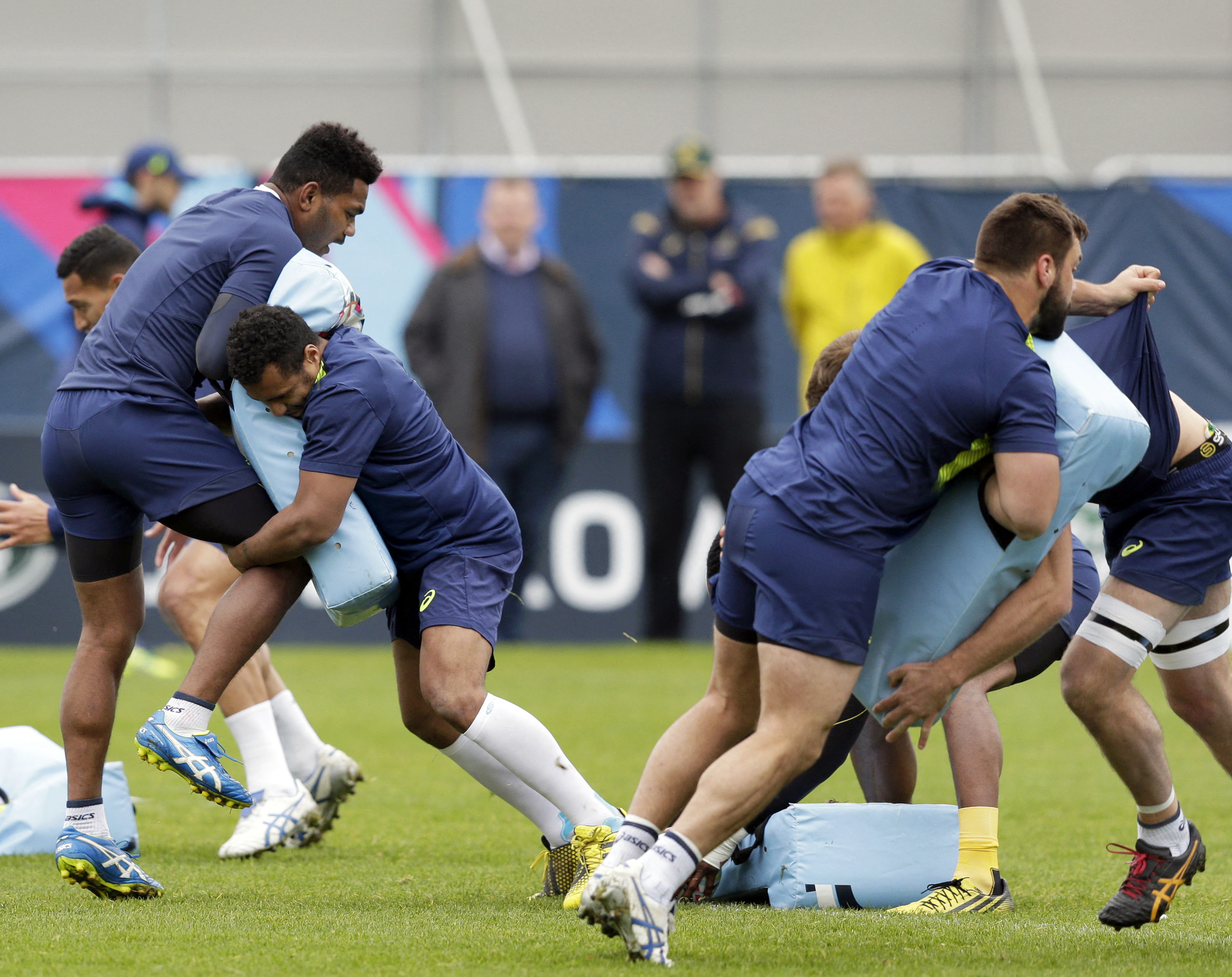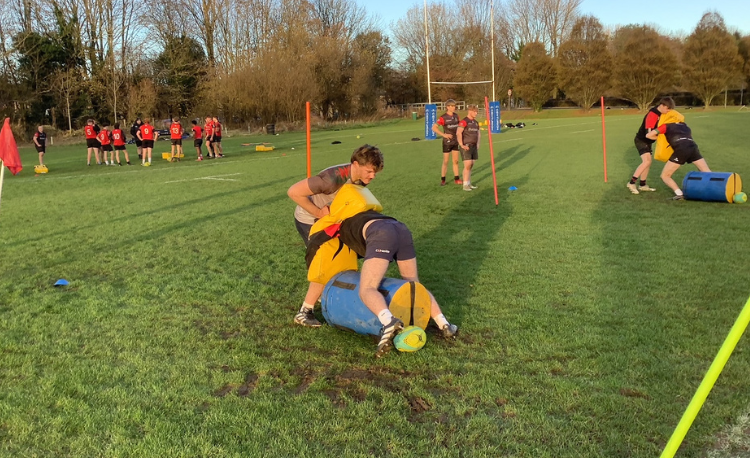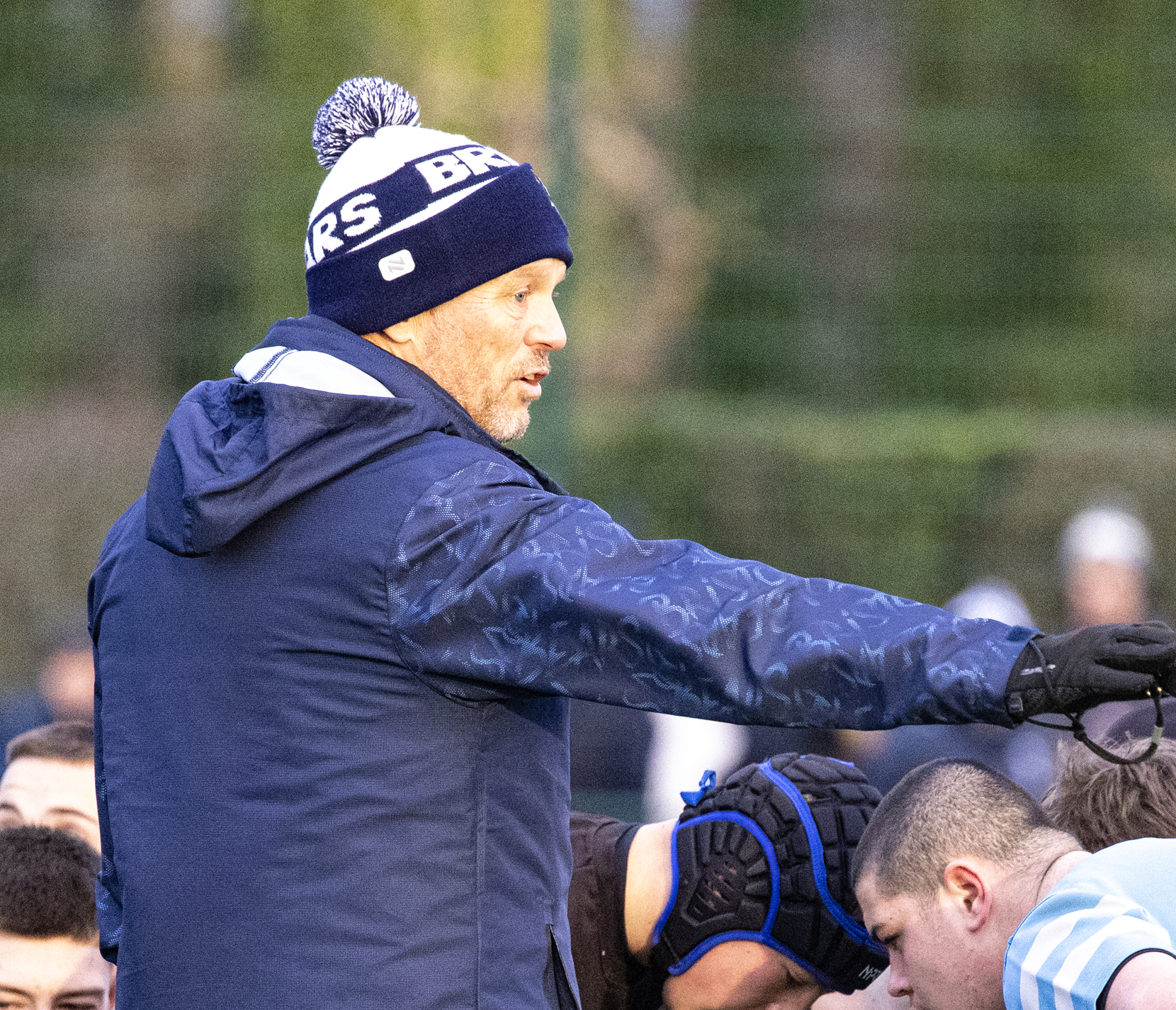Drinking too much water?

Don’t you just love it when someone tells you that something you’ve always believe to be true is wrong. I’m not talking about all this post-truth nonsense which seems to invade our media channels these days. I’m talking about the sort of information we’ve held as common practice and then passed this onto our players.
Water intake or hydration is one such area. Making sure we are properly hydrated is not an issue. How we go about it, or what the signs are, these do need revisiting.
First, we’ve come to believe that if you drink when you are thirsty, that’s actually too late. Well, there’s no evidence to suggest it’s too late. Tell your players that when they feel thirsty, that’s the best measure of how much to drink.
Second, we tell our players to check out their urine. Dark and smelly is bad news. Yes, it is, but that’s not always down to the lack of water being drunk. Anyone who’s taken Vitamin B tablets will know that other factors can change the colour.
And third, drinking coffee or tea dehydrates us. Again, there’s little evidence to suggest drinking either makes much difference and can easily be part of the fluid intake too.
From a health and safety point of view, as coaches, we have a duty of care towards our players. We should make sure our players have had some fluids before a game or training. Not bottles and bottles of the stuff, but neither is a few sips enough either. And on hot days, we might need to stop more than we normally do, so the players can take a drink.
The reason why I’m telling you all this is because I’ve been working with a couple of rugby players who spend much of their time drinking their way through pints and pints of liquid. They are doing this away from the training field. It hasn’t reached over-hydration proportions, but they’ve been told to stay hydrated and have become obsessed. They take their bottles everywhere, and fill them with all manner of potions and powders.
Now, I’m not a nutritional expert, but I know some people who are. They tell me that there are so many myths out there that it’s hard to know what to believe or not. Instead, coaches who have some say in these matters are drawing on second-hand knowledge to tell their players rather than giving them the best information.
I think it’s time we all revisited our understanding of nutrition and physical preparation to make sure our advice is sound.
For a good link to further information go to...
10 Myths About Hydration You Need to Stop Believing Right Now
Newsletter Sign Up
Coaches Testimonials

Gerald Kearney, Downtown Las Vegas Soccer Club

Paul Butler, Florida, USA

Rick Shields, Springboro, USA

Tony Green, Pierrefonds Titans, Quebec, Canada
Subscribe Today
Be a more effective, more successful rugby coach
In a recent survey 89% of subscribers said Rugby Coach Weekly makes them more confident, 91% said Rugby Coach Weekly makes them a more effective coach and 93% said Rugby Coach Weekly makes them more inspired.
Get Weekly Inspiration
All the latest techniques and approaches
Rugby Coach Weekly offers proven and easy to use rugby drills, coaching sessions, practice plans, small-sided games, warm-ups, training tips and advice.
We've been at the cutting edge of rugby coaching since we launched in 2005, creating resources for the grassroots youth coach, following best practice from around the world and insights from the professional game.


